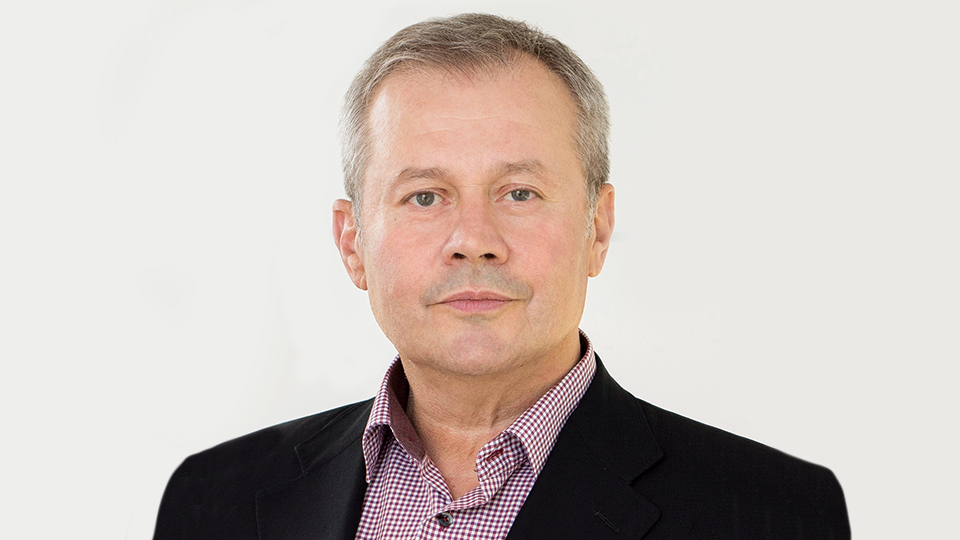
The new role of communications in times of corona
COVID-19 has put life science research companies into the limelight. An Interview with Raimund Gabriel, founder and managing director MC Services AG, on the role of corporate communications in the corona crisis.
EuroBiotech_How has the corona crisis changed the biotech sector in terms of communications?
Gabriel_It is the first time that mass media have pursued broader European biotech stories so aggressively. In the past 20 years, public awareness of EU biotech was rather slim and often associated with controversial topics such as GMOs. Now, biotechnology is seen as a main source of hope in the current worldwide health crisis. This has presented a unique opportunity to demonstrate the contribution of the biotech industry to public health. But it’s also a challenge. Companies can easily be overwhelmed by the recent level of public interest. Also, scientists from biotech and academia are now faced with generalist audiences. It is a time of enormous potential and challenges for communicators.
EuroBiotech_Many developers of COVID-19 vaccines, therapies or diagnostics made it into the mass media. How can small research companies standout in the midst of an increasing COVID-19 competition?
Gabriel_At the beginning of the pandemic, small companies with innovative clinical approaches had a good chance of attracting attention despite being previously unnoticed by the media. Also U.S. investment banks called to learn about relevant corona research projects in Europe. As the number of clinical trials increased however, media attention became increasingly competitive and eventually a certain pandemic fatigue in the editorial offices began to set in. It is now more important to differentiate both in science and communications.
EuroBiotech_How has the Corona crisis changed communications with politicians?
Gabriel_Looking back, there was little direct dialogue between political decision makers and the biotech industry, except through biotech associations. However, this is changing. Now, government leaders are talking to biotech CEOs directly and the first results are emerging. In Austria, there was public funding for Apeiron, in France for Abivax and in Germany for CureVac. The latter raised interest from so many journalists worldwide,which was exceptional and a great opportunity to speak about biotech innovation in Europe. But many companies still find it difficult to identify and address their local and national political decision makers, influencers and supporters.
EuroBiotech_What advice do you have for developers who are not involved in COVID-19?
Gabriel_?Stay focused in your communications on your core business. The increase of general interest in biotechnology may offer life science companies new platforms to position products and science. Concomitantly, language and tools of biotech communications will need to change to be appreciated by general audiences. This will require new strategies and creative formats.
EuroBiotech_Do you expect the German Council Presidency to provide further momentum for biotechnology?
Gabriel_Preparation for pandemic risks is now on the European agenda. The German presidency can certainly inspire and support this process. COVID-19 revealed a pressing need for, diagnostics, ventilators, rescue medications and vaccines. The same is true for other viral threats, infectious diseases and novel antibiotics. Still though, the question hangs: Who pays for the development of medicines that are not frequently used but developed for future emergencies? It is very important that EU institutions are increasingly stepping into financings of public health issues such as the EIB who took a leading role in the funding of COVID-19 projects.
Raimund Gabriel is the founder of MC Services, a leading European life science communications and investor relations firm. Earlier he held senior management positions in international financial and corporate communications agencies.
This interview was published in the European Biotechnology News Magazine Summer Edition 2020.



 adobe.stock.com - ipopba
adobe.stock.com - ipopba BioDlink
BioDlink